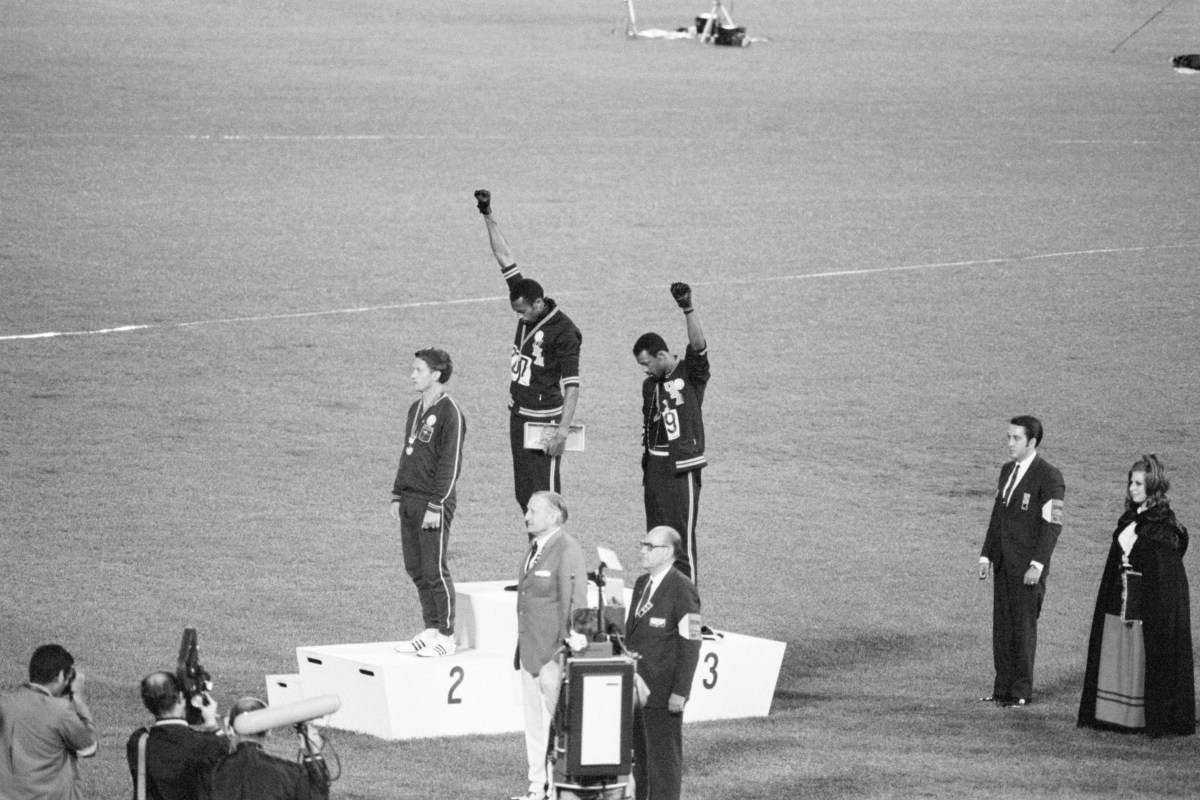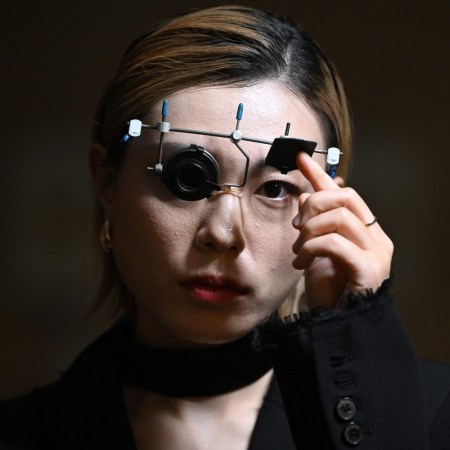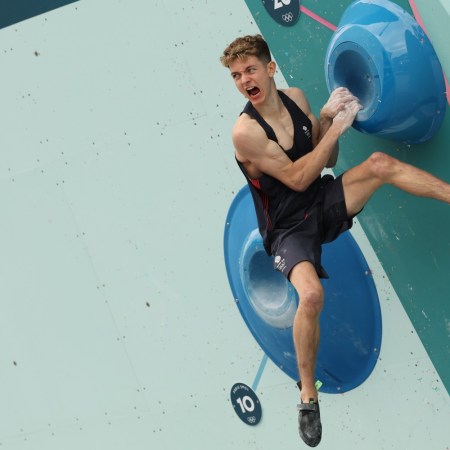A group of current American athletes and 1968 U.S. Olympian John Carlos are urging the International Olympic Committee to allow protests at events.
A letter signed by members of the Athletes’ Advisory Council and the ’68 200-meter bronze medalist asks the IOC and International Paralympic Committee to abolish a rule that prohibits protesting. Instead, the AAC wants the IOC and IPC to “develop a new policy in direct collaboration with independent, worldwide athlete representatives that protects athletes’ freedom of expression at the Olympic and Paralympic Games.”
Currently, Rule 50 of the Olympic Charter says, “No kind of demonstration or political, religious or racial propaganda is permitted in any Olympic sites, venues or other areas.”
The groups want that rule changed so that athletes are allowed to protest from the medal stand the same way Carlos and gold medalist Tommie Smith did in the summer of ’68. After raising their fists to protest racial inequities in America, Carlos and Smith were suspended and sent home.
“Carlos and Smith risked everything to stand for human rights and what they believed in, and they continue to inspire generation after generation to do the same,” the letter states. “It is time for the Olympic and Paralympic movement to honor their bravery rather than denounce their actions.”
Subscribe here for our free daily newsletter.
Whether you’re looking to get into shape, or just get out of a funk, The Charge has got you covered. Sign up for our new wellness newsletter today.


















